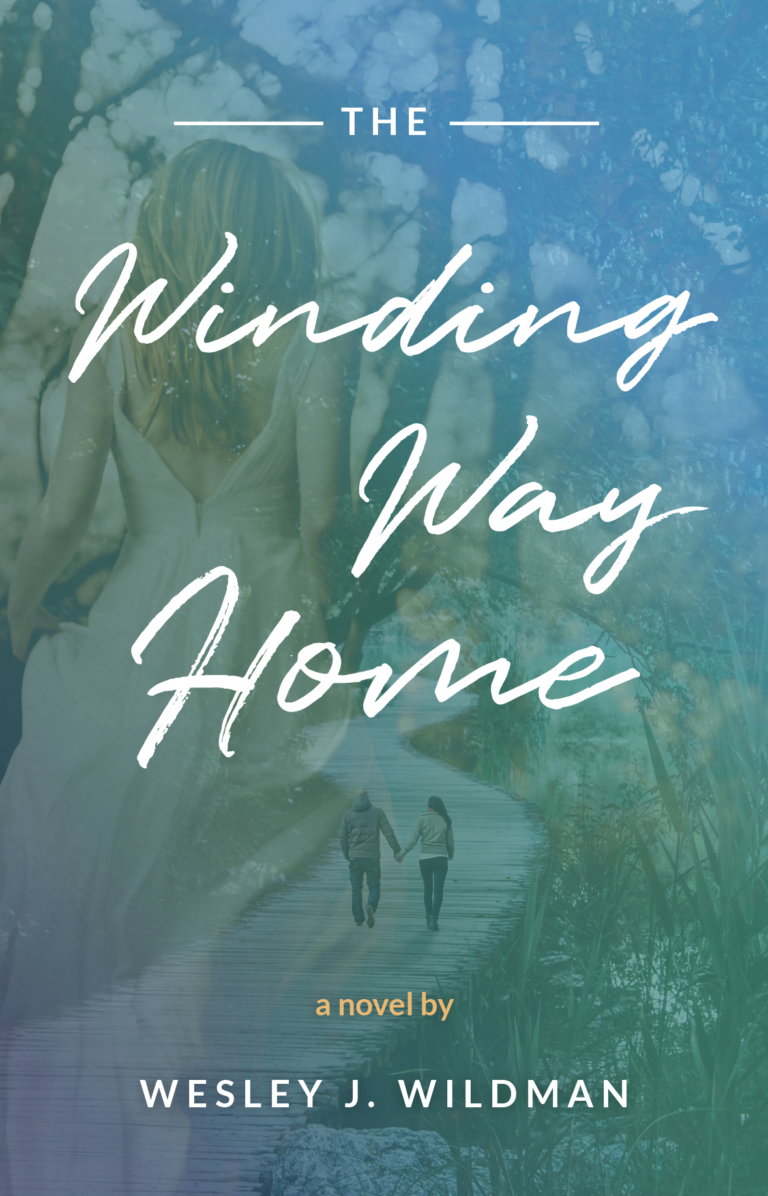As a one-time English professor, having absorbed countless works of fiction, I have never read a novel more devastating nor more beautiful.
—Patricia Browne, Professor of English, St. Catherine’s University, St. Paul, Minnesota
Disturbing, inspiring, daring, heartwarming, this is a novel of family, of terrible events, of deep and patient love (the erotic is not neglected), and of ultimate experiences and mysteries. The prose is engaging, the storytelling deft and resourceful, the vision of life opening into a larger vision of Being itself.
—Brian Jorgensen, Professor Emeritus, Department of English, Boston University
The Winding Way Home is a story about constructing meaning after unspeakable evil renders reality absurd, about the power of love to transfigure traumas that are beyond the reach of healing, and, ultimately, about the immense beauty, unspeakable wonder, and infinite spiritual vitality of everyday life. Providing a searing vision of the depth dimension of human existence shorn of all supernatural obfuscations, it’s a must read, especially for the spiritual but not religious crowd.
—David Rohr, Center for Mind and Culture, Boston
Wildman creates an engrossing multigenerational narrative of present-day America that resonates with East of Eden and One Hundred Years of Solitude. He also brings to us the mind and heart of Jesse, a quintessential religious naturalist, who creates a fascinating version of reality.
—Ursula Goodenough, President, Religious Naturalist Association and Professor of Biology Emerita, Washington University in St. Louis
In this hauntingly beautiful novel, Wildman demonstrates that even the most heinous tragedy can be transformed through the alchemy of agape love. The Winding Way Home wilds mysticism and metaphysics to explore the intricacies of the mind, overcoming unspeakable trauma, relatable familial struggles, the bondage and freedom of death, and the resilience of the human spirit. It is an enthralling journey.
—Bishop LaTrelle Miller Easterling
The Winding Way Home is an astounding and achingly beautiful story about what love can do—the enduring love of an ordinary family searching for healing in the face of unspeakable tragedy, the fierce love of an extraordinary mother protecting her children from monstrous evil, and the mystical love of a less-than-ordinary sanyasi learning to see, accept, and even worship the world as it is most truly, intensely, profoundly. Wildman’s courageous novel belongs on the shelf of anyone who has become disillusioned with traditional religious “answers” to the problem of suffering or has tried to find meaning, hope, and authentic spiritual sustenance in the midst of trauma and unredeemable loss.
—Demian Wheeler, Associate Professor of Philosophical Theology and Religious Studies, United Theological Seminary of the Twin Cities


